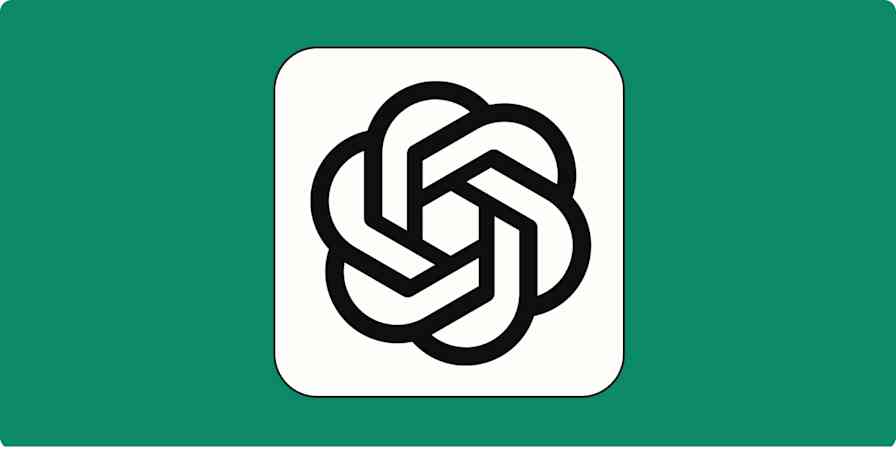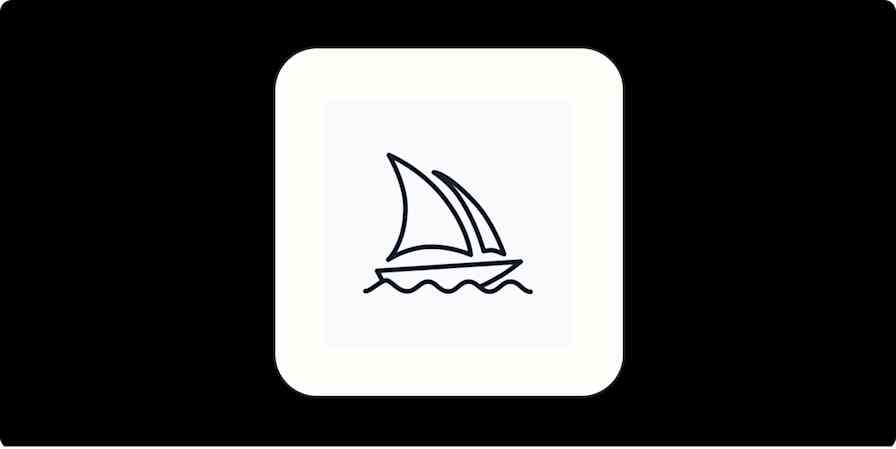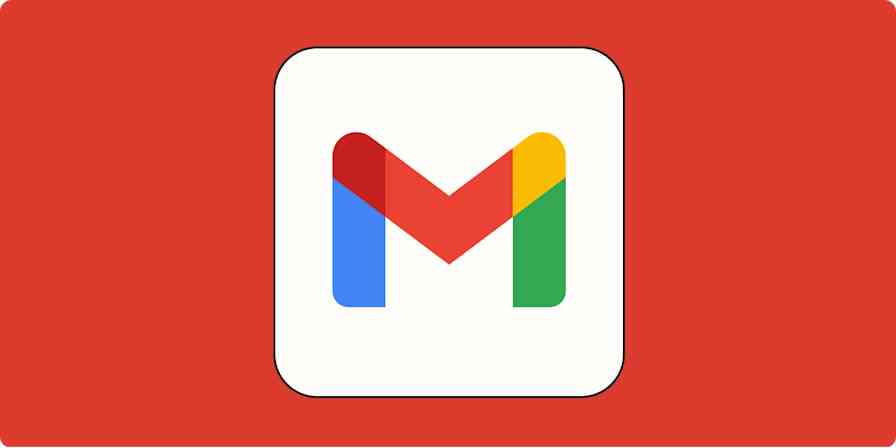No-code isn't just a way to build things—it's a community. That's what Colleen Brady, founder of I heart #nocode, told me, and I couldn't agree more.
That no-code community is growing, so I took some time to chat with a few innovators in the field to learn more about their experiences—and what's next for builders. Here's who I spoke to:
Colleen Brady has worked for vehicle tracking and driver safety startups, using IFTTT and Zapier to streamline processes before even hearing the phrase no code. Colleen is part of On Deck's inaugural No-Code Fellowship and is working on Yarn Love, a pattern site for crocheters and knitters.
Lacey Kesler is currently Head of Education at Adalo. She was Head of Product for a small SaaS company and enrolled in an 18-month coding bootcamp only to discover that she actually didn't like writing code at all. From there, she found her way into no code as she realized she preferred visual development.
Naya Moss is a security professional, an entrepreneur, and a creative technologist. Naya started her first business in high school and has since held a variety of roles in IT, security, and cloud infrastructure. Naya is the founder of two businesses: Frauvis, a supportive community for Black women in tech, and Namos, a brand of companies centered around modern human tech, security, no code, and automation.
Lena Sesardic is a product manager turned entrepreneur and writer. She writes a monthly newsletter (subscribe at LenaSesardic.com) about her entrepreneurial journey and how to create a digital presence that generates opportunities. She is also a contributing writer for several outlets and an advisor/mentor to other entrepreneurs.
Validating ideas with no code
Naya shared with me her no-code origin story. She's a tinkerer, and she was always interested in automating all aspects of her life, both at home and work. But when she started a new business that typically requires capital and a tech team to get started, Naya learned about the extensive capabilities of no-code from folks like Ben Tossell of Makerpad. She mentioned: "The no-code community helped me to see I did not need a software developer or to raise money to build a business that generates revenue."
I can relate to this. A year ago, I had never heard of no code. Now, I help run a company, Lloyd, that exists in large part thanks to no-code tools. We built our MVP with a no-code stack for $100/month. It allowed us, a scrappy startup, to test our ideas and see if it could evolve into something bigger.
Naya agrees, noting that no-code makes it quick to find product-market fit and validate your ideas without investing massive amounts of time or energy.
The challenges of no code
Even with a deep appreciation for no code, we all agreed: it's not perfect. (Is anything, really?) It's important to have your expectations in check before jumping in, so here are the highlights from the group.
It's still niche
Colleen told me what she thought in plain terms: "No code is still niche." And in my conversations with the no-code community, I found this to be overwhelmingly true: there are so many people who, before diving in, had no idea no code was even a thing.
We all agree it's important to evangelize no code, so that small business owners and other communities who might benefit from it can see what's available to them without a background in development.
It's hard to know where to start
No code doesn't mean no learning curve, and the biggest hurdle is figuring out where to start. There are so many options for learning and tools for building that it can be overwhelming.
(P.S. If it helps, the two tools that 4 out of 5 of us use are Zapier and Webflow.)
Security
Don't get me wrong: there are a lot of very secure no-code tools. Zapier, for example, just completed its SOC 2 Type II compliance audit. But because working in no-code means that your data is often flowing through many different sources, you need to do your homework and be sure you trust the tools you're using.
The future of no code
Where is no code headed? We had varying perspectives, but there was one underlying theme: growth. Lacey went so far as to predict a "mass adoption" of no code.
There are a few specific communities we think it's worth keeping an eye on:
Early-stage founders. Many founders may reconsider if they need a technical co-founder. Many of us predicted that there will be a major breakthrough business being built entirely without code.
SMB business owners. Naya pointed out how employers might use no-code as a kind of perk for employees: "Perhaps we will see more businesses invest in no code to empower their employees, giving them their time back with maybe a four-day work week or more mental health days."
Kids. Many of us are thrilled at the potential opportunity for kids to build their next big ideas through no code.
Local communities. Colleen pointed out that no code can really empower local communities facing an emerging challenge like a natural disaster, who may not always have the resources or expertise to build with code.
We also all agree that no-code will grow in terms of features and functionality. As Lena put it, it'll be "similar to what's possible with code." As that happens, we're all kind of rooting for the name to change. We're hoping no code gets a rebrand—or even better, it simply gets rolled into how business is done.
If you want to stay in the no-code loop, follow these amazing innovators on Twitter—and engage with them! As you can tell, they're happy to chat and share their experiences.




